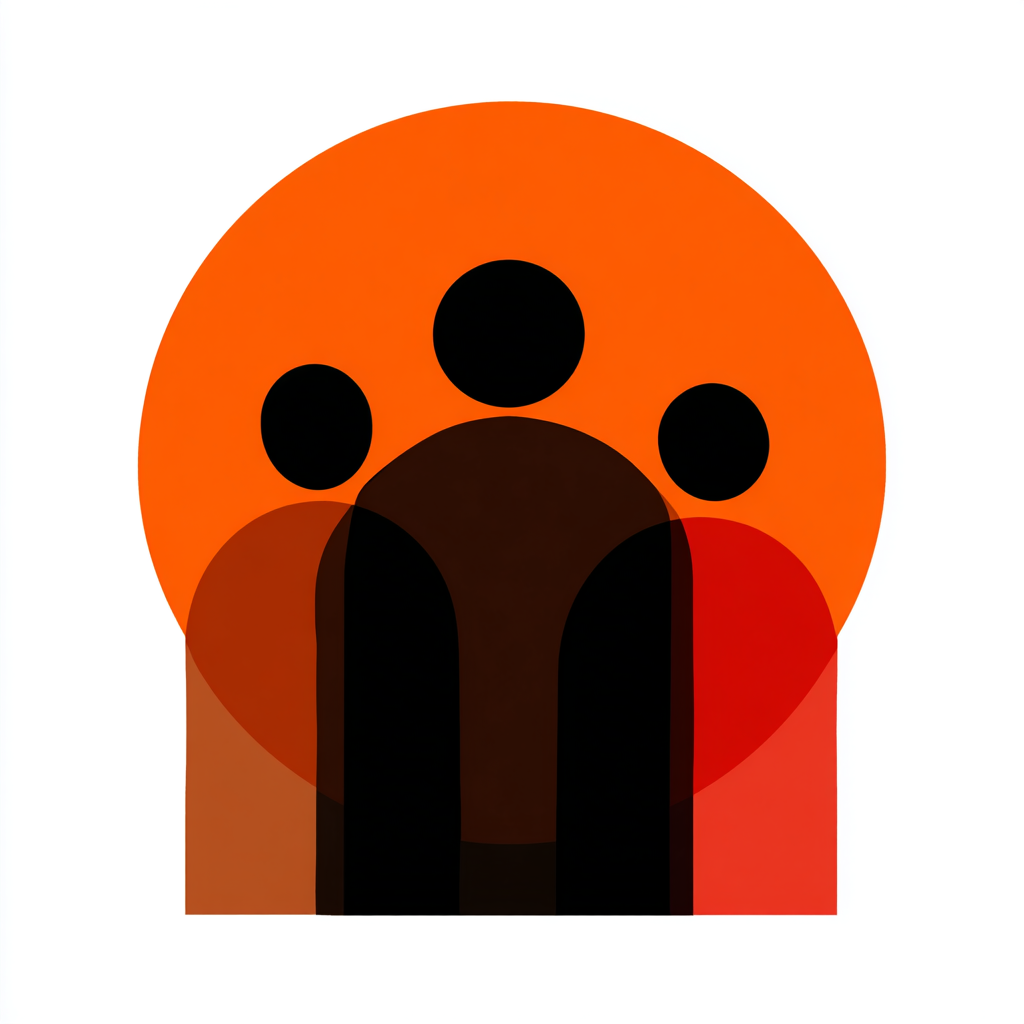
"Personal freedom and open markets — regulation should be simple and rare"
At 4 o'clock, you value personal freedom and open markets equally strongly. You favour low taxes, individual choice and decentralised solutions. Regulation should be simple and rare. People should be free to try things, make their own decisions and keep more of what they earn.
You see state direction as a last resort. Freedom of association, contract and speech are bedrock principles. Markets are an expression of that liberty — voluntary cooperation beats coercion. You're suspicious of both government overreach and corporate power when it allies with the state.
Your position at 4 o'clock tells us your direction, but how far you are from the centre tells us the strength of your convictions. The Political Circle recognises three levels:
"Freedom and markets matter—but pragmatism too"
Close to centre, you value both economic and personal freedom but you're pragmatic. You want low taxes and civil liberties, but you'll accept some regulation and public services when justified. You believe in liberty but recognize that pure laissez-faire has limitations. Balance matters.
Historical example: Classical liberals who champion freedom whilst accepting targeted government action for clear problems.
"Economic and personal freedom are fundamental"
At medium distance, you have strong libertarian convictions. You want substantial reductions in government: lower taxes, fewer regulations, more personal freedom. You believe markets and voluntary cooperation work better than state control. Liberty—economic and personal—should be the default. Government should justify every intervention.
Historical example: Ron Paul—championed minimal government, maximum freedom, sound money and non-intervention.
"Minimal state, maximum freedom—always"
Far from centre, you're uncompromising about liberty. You want government reduced to bare essentials: defence, courts, police. Everything else should be voluntary. Taxation is coercion; regulation is oppression. Free markets and free people—no compromise. Government is inherently dangerous to freedom; keep it tiny and constrained.
Historical example: Radical libertarians advocating near-complete elimination of government functions beyond core protections.
Austrian-British economist and philosopher
Hayek's "The Road to Serfdom" warned that central planning threatens freedom. He championed spontaneous order, the rule of law and limited government. His defence of market processes as information systems and his critique of state power define classical liberal thinking at 4 o'clock.
3rd US President and author of the Declaration of Independence
Jefferson championed individual liberty, limited federal power and agrarian independence. His belief that "that government is best which governs least" and his defence of religious freedom and free expression embody the 4 o'clock synthesis of economic and personal liberty.
Liberal philosopher
Mill's "On Liberty" set the "harm principle" — that individuals should be free to act unless they harm others. He championed free expression, women's rights and individual autonomy. His defence of liberty as essential for human flourishing defines liberal thinking at 4 o'clock.
US Senator
Paul combines economic conservatism with civil liberties advocacy. He opposes surveillance, foreign intervention and high spending, whilst championing tax cuts and deregulation. His consistent defence of constitutional limits on government power typifies the 4 o'clock position in current politics.
Cultural anthropologist
Whilst not primarily political, Mead's emphasis on cultural diversity, individual choice and scepticism of imposed norms influenced liberal thought. Her view that societies should allow varied ways of living and that freedom enriches human experience resonates with 4 o'clock values.

The new book, 'Beyond Left and Right: Understanding the Political Circle' is now available on Amazon.
Containing a wealth of information, the book explores all of the 12 philosophical positions with detailed analysis on each of the three levels.